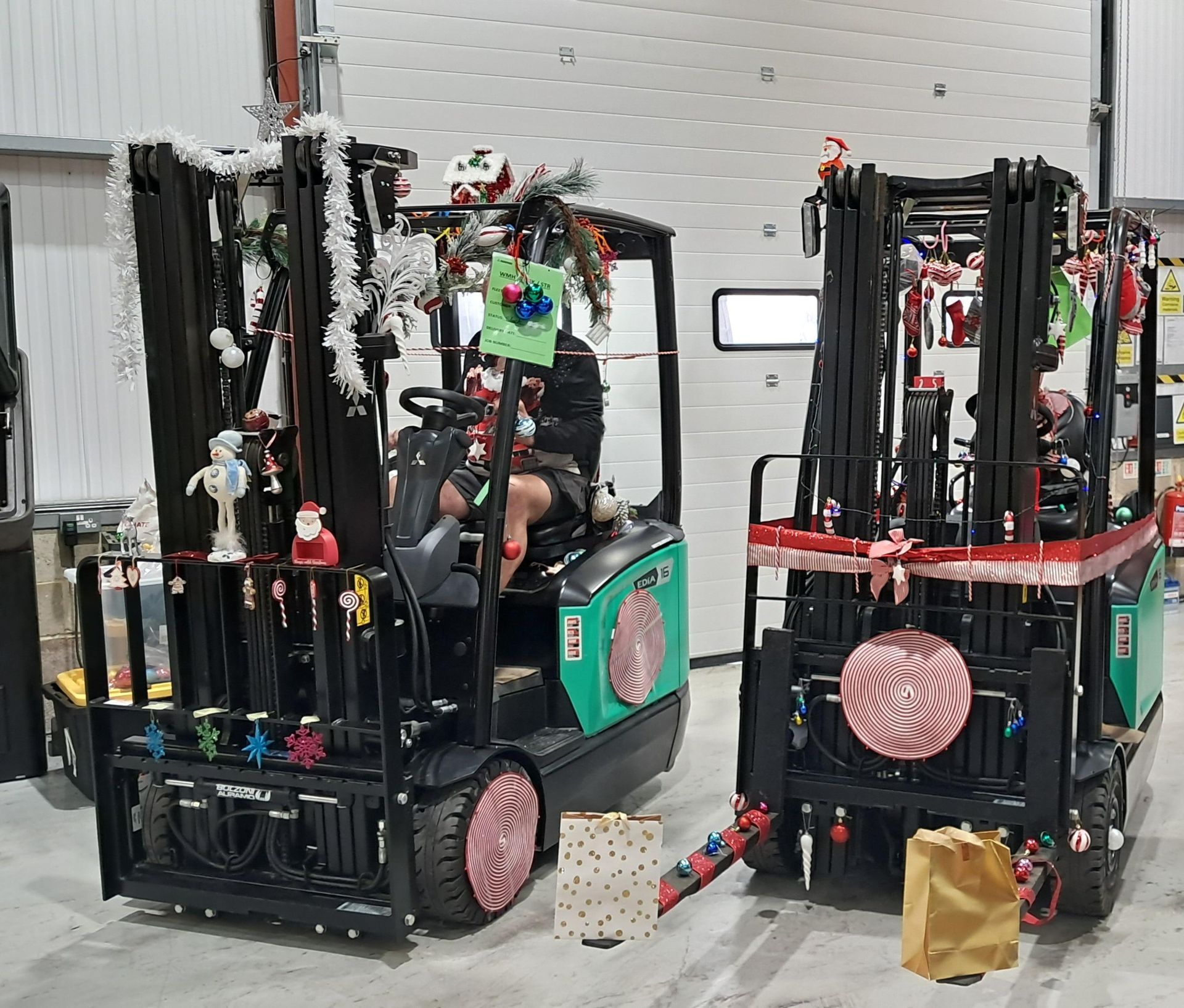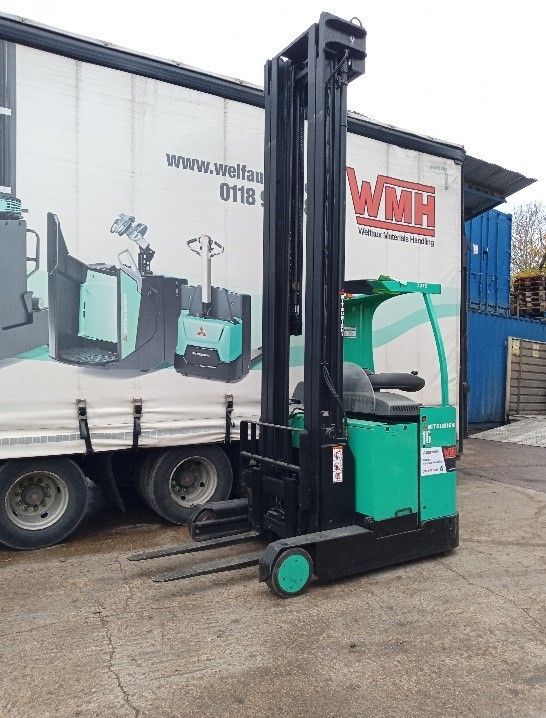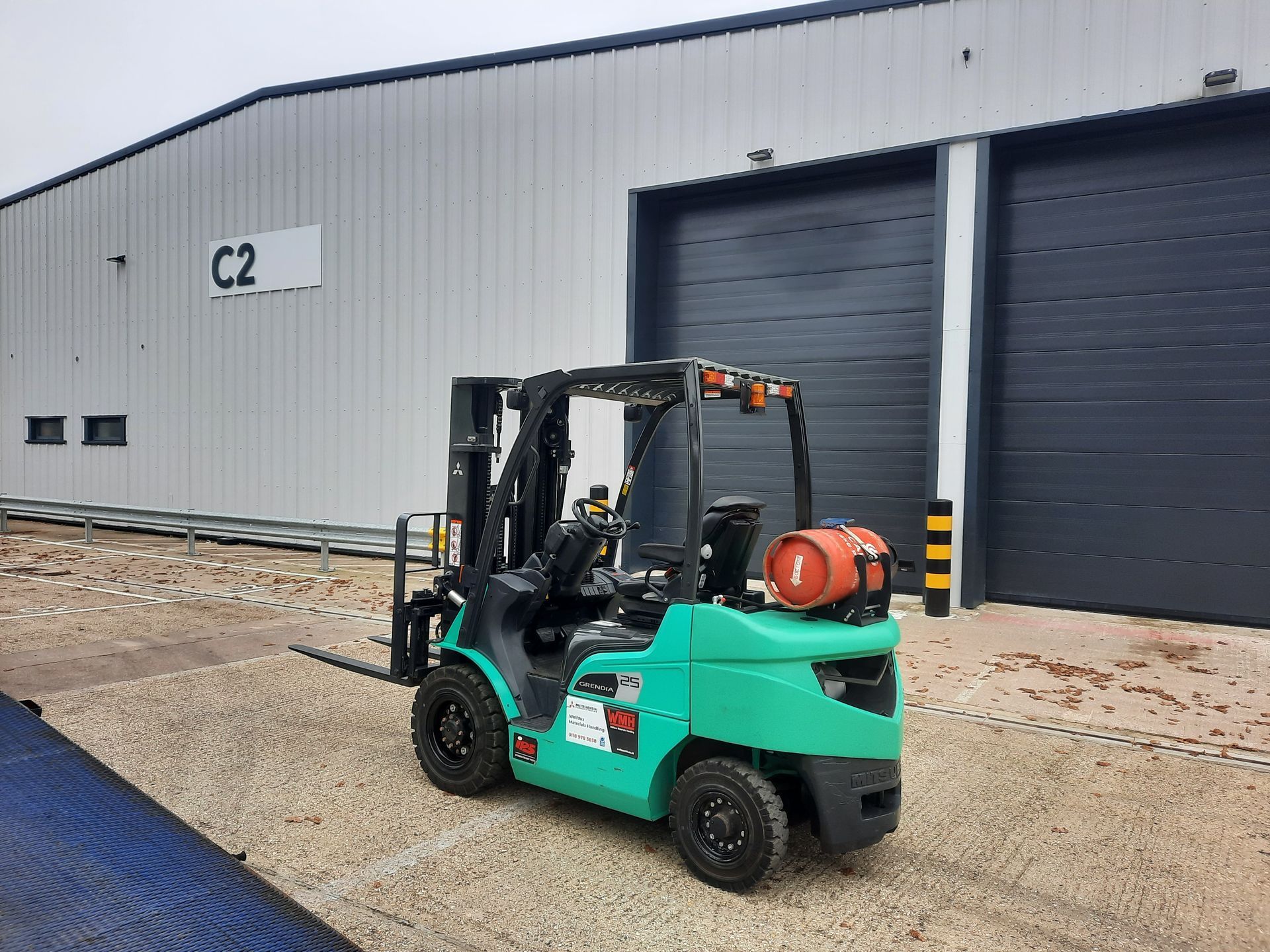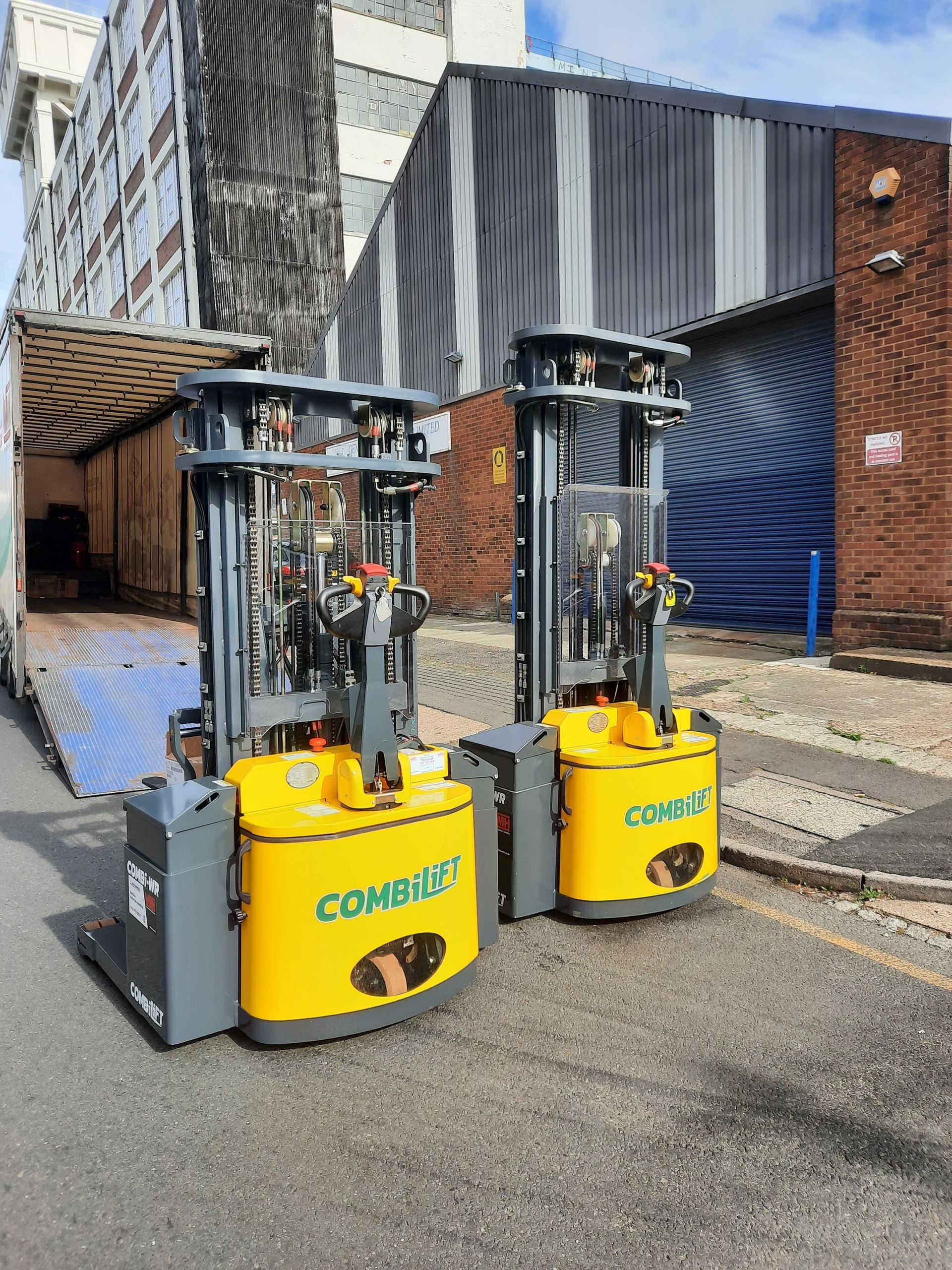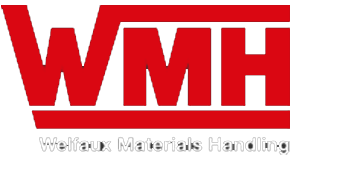Are Automated Forklifts Going To Change The Future Of The Industry?
Robots are taking over! Well not exactly - but it is impossible to predict the exact future of the forklift industry and which changes will make the most significant impact, but we can make educated predictions.
Automated forklifts, also known as autonomous mobile robots (AMRs), are self-guided vehicles that can perform material handling tasks without human intervention. We’ll look at the advantages of automation to help determine what the future may hold for workers and equipment in this sector.
24/7 Operation
One of the significant advantages of automated forklifts is their ability to operate around the clock. Unlike human operators who need rest and breaks, automated forklifts can work continuously, increasing productivity and reducing turnaround times. Additionally, they can operate in hazardous environments or conditions that may be unsafe for human operators, such as extreme temperatures or toxic environments.
Limited Capabilities
While automated forklifts can be programmed to perform specific tasks, they may not be as flexible as human operators. For example, if there is a sudden change in the task or layout of the warehouse, it may be more difficult to reprogram an automated forklift to handle the new task or layout. Human operators are more adaptable in these situations.
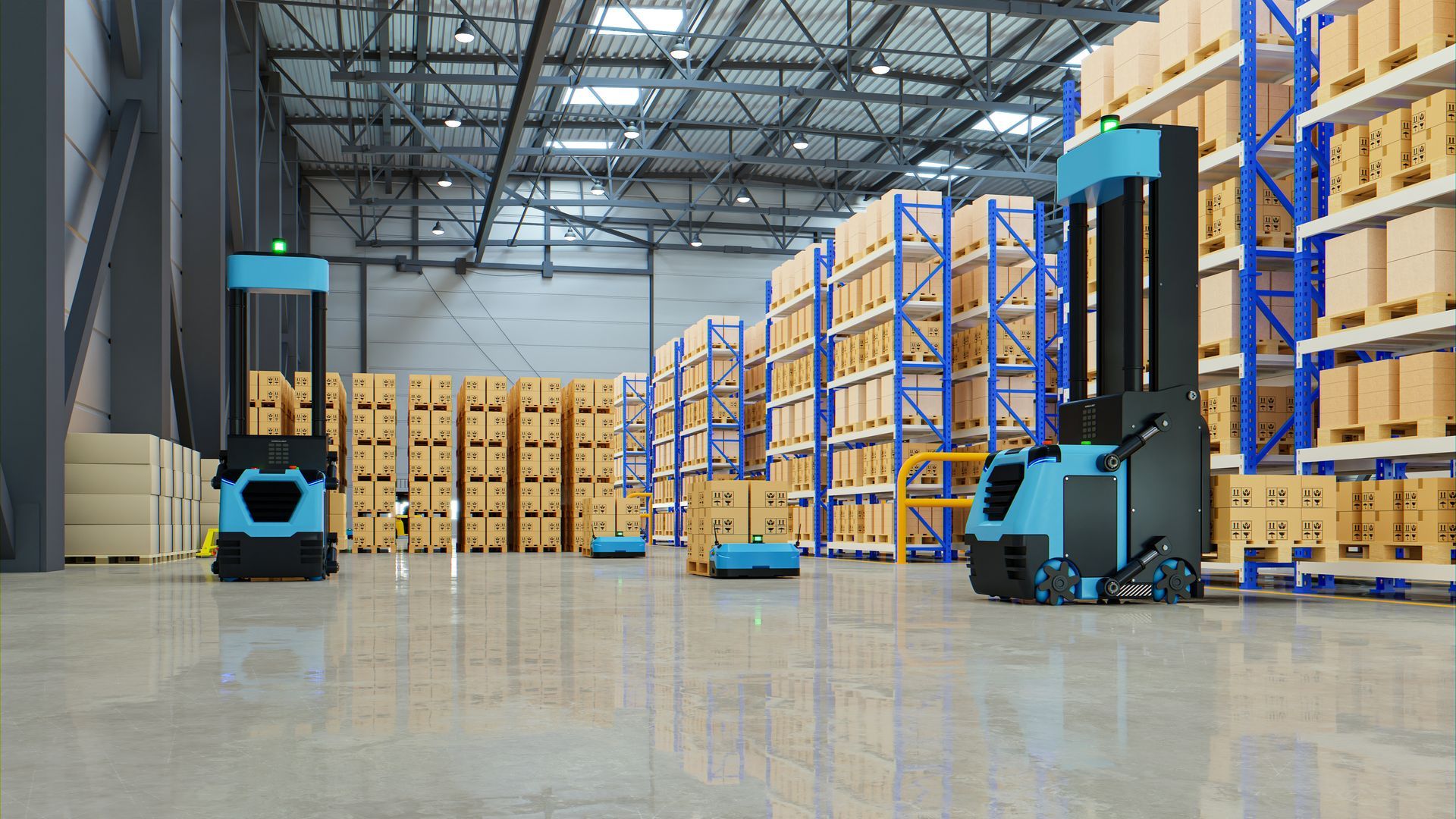
Reduce Labour Costs
The use of automated forklifts can also lead to cost savings in the long-term. Although they are initially more expensive than traditional forklifts, they can operate for longer hours and require less maintenance and repairs. Additionally, they can be programmed to optimise routes, reducing the time and distance travelled, and improving efficiency.
Analyse Data
Automated forklifts can also collect and analyse data on their performance, enabling businesses to optimise their operations and identify areas for improvement. They can be programmed to follow specific routes, pick up and deliver items precisely, and operate with minimal human intervention. This reduces the likelihood of accidents and damage to goods, leading to cost savings and improved safety.
High Initial Investment
One of the biggest disadvantages of using automated forklifts is the high initial investment cost. The technology used to make these forklifts autonomous is still relatively new and expensive. This means that the cost of purchasing and installing automated forklifts can be much higher than traditional forklifts, which can be a major barrier for smaller businesses.
All in all, automated forklifts are likely to change the future of the industry by improving safety, efficiency, and cost-effectiveness. However, it is essential to note that their implementation requires significant investment, and there may be challenges in integrating them with existing systems and processes.
Welfaux have almost 4 decades of experience in forklift dealerships. To find the right used forklift truck for your warehouse, discover our stock now.
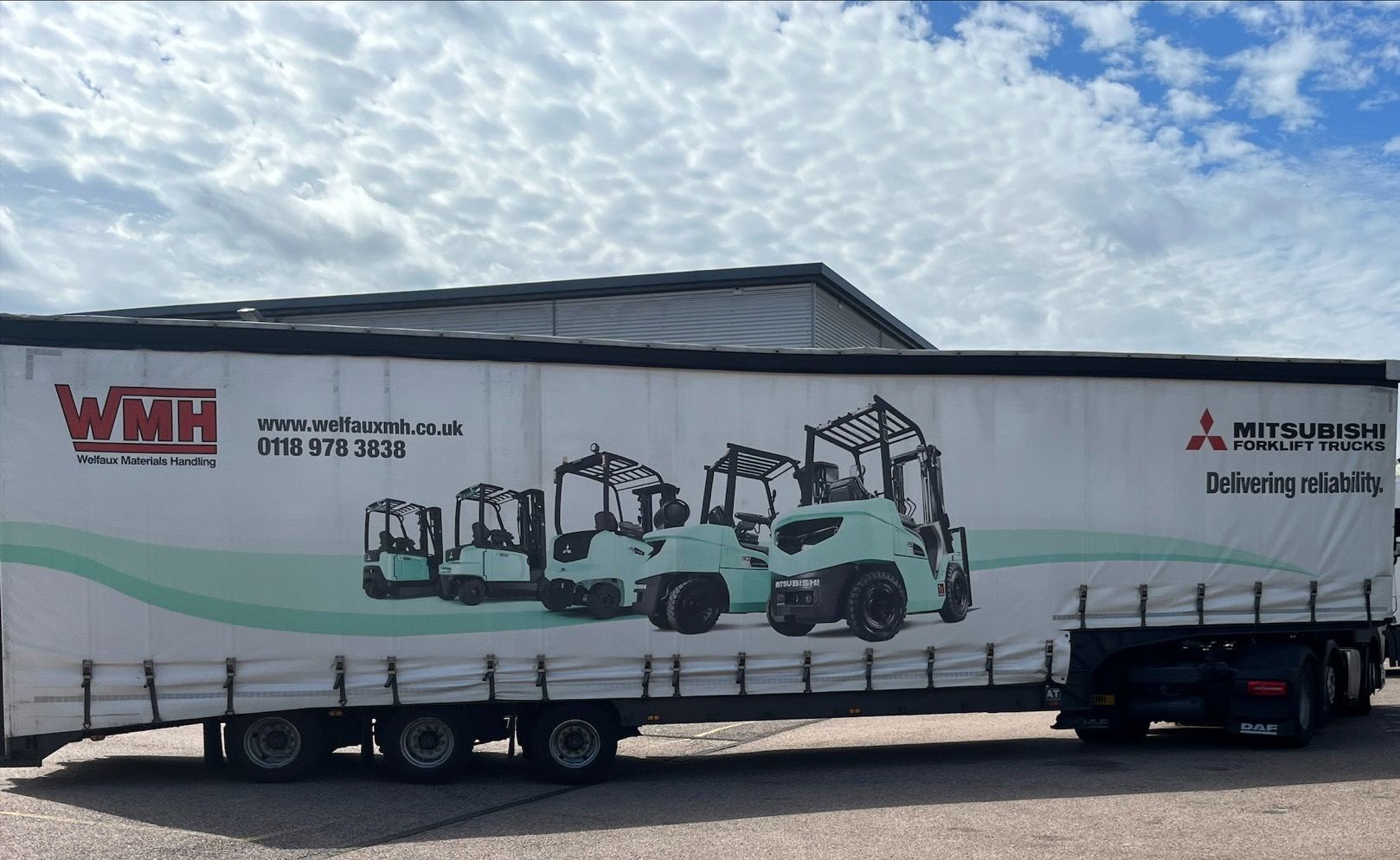
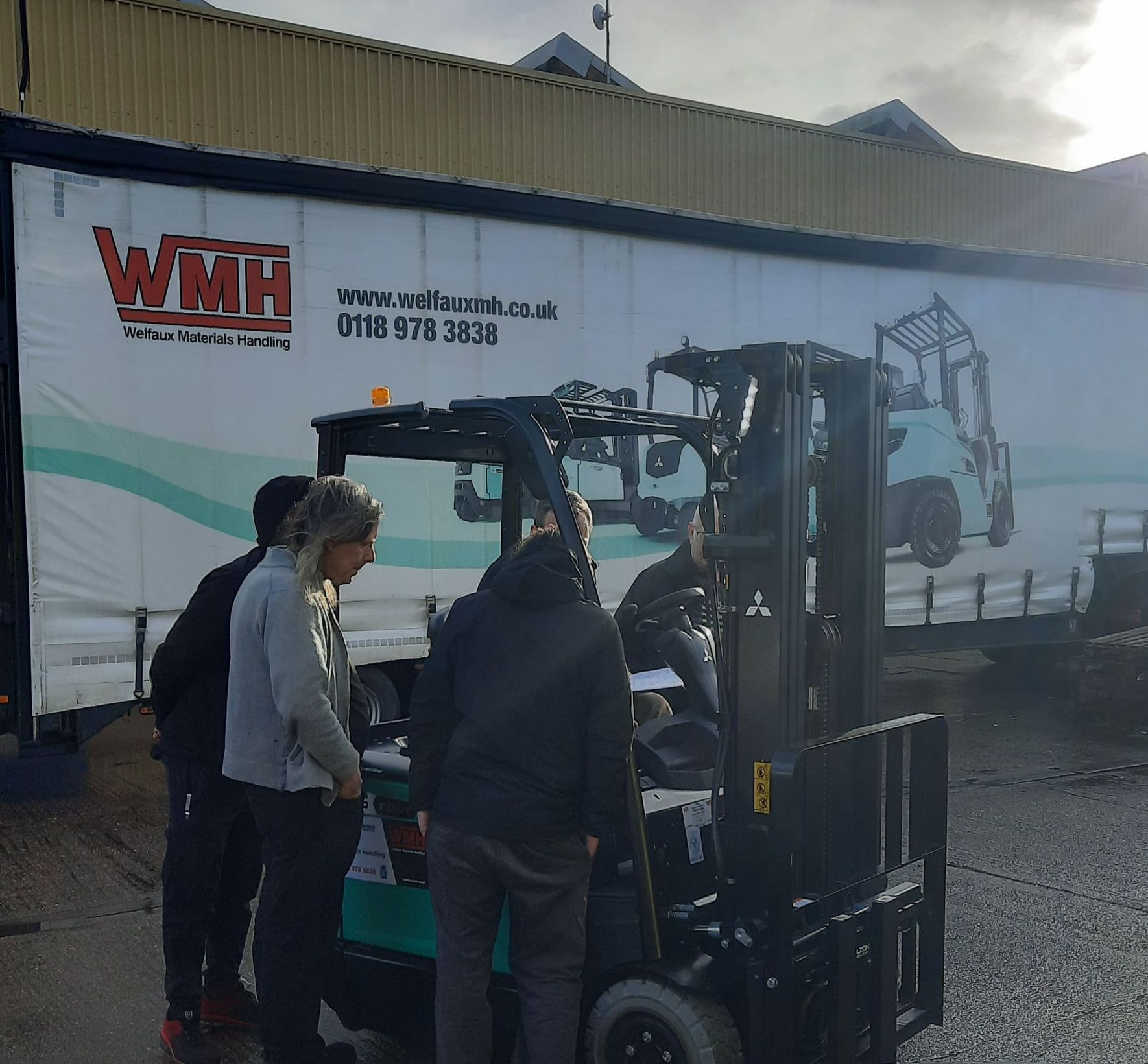
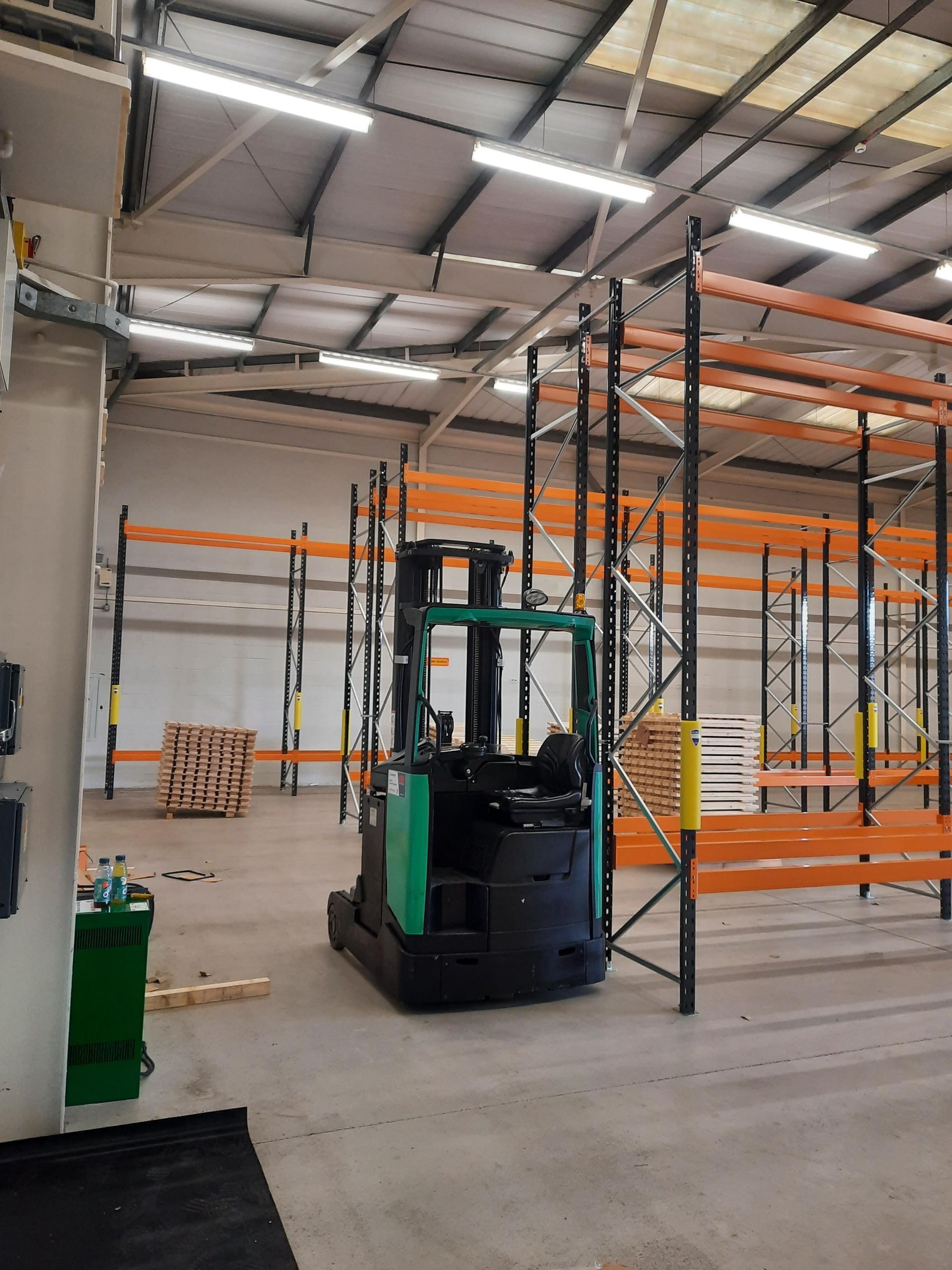
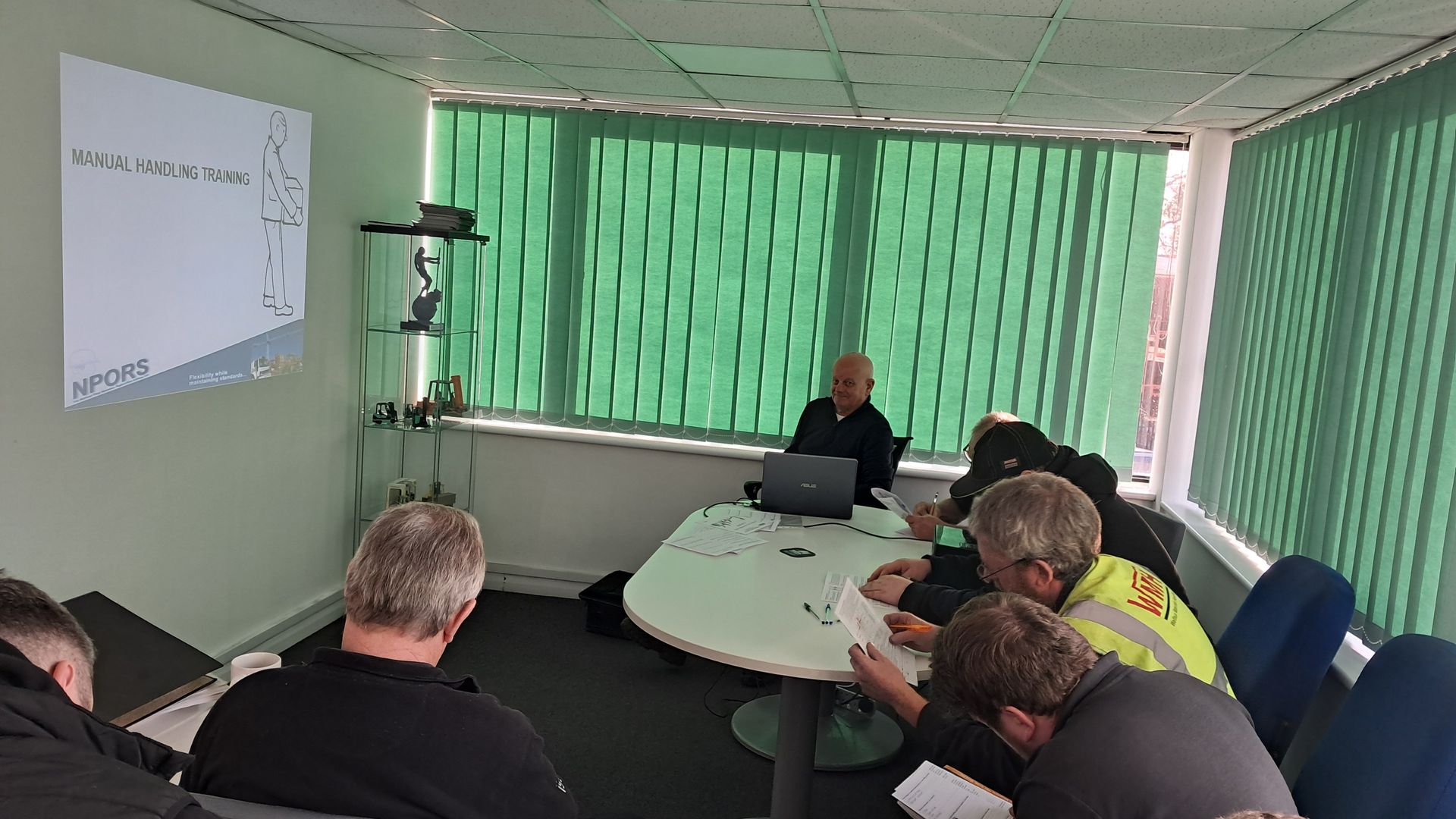
Welfaux Limited
Toutley Industrial Estate
Toutley Road, Wokingham
RG41 1QN
Quick Links
Affiliations
All Rights Reserved | Welfaux Material Holding
Sign up for news, alerts, stock lists and offers
Contact Us
Thank you for signing up to Welfaux MH.
Please try again later.

